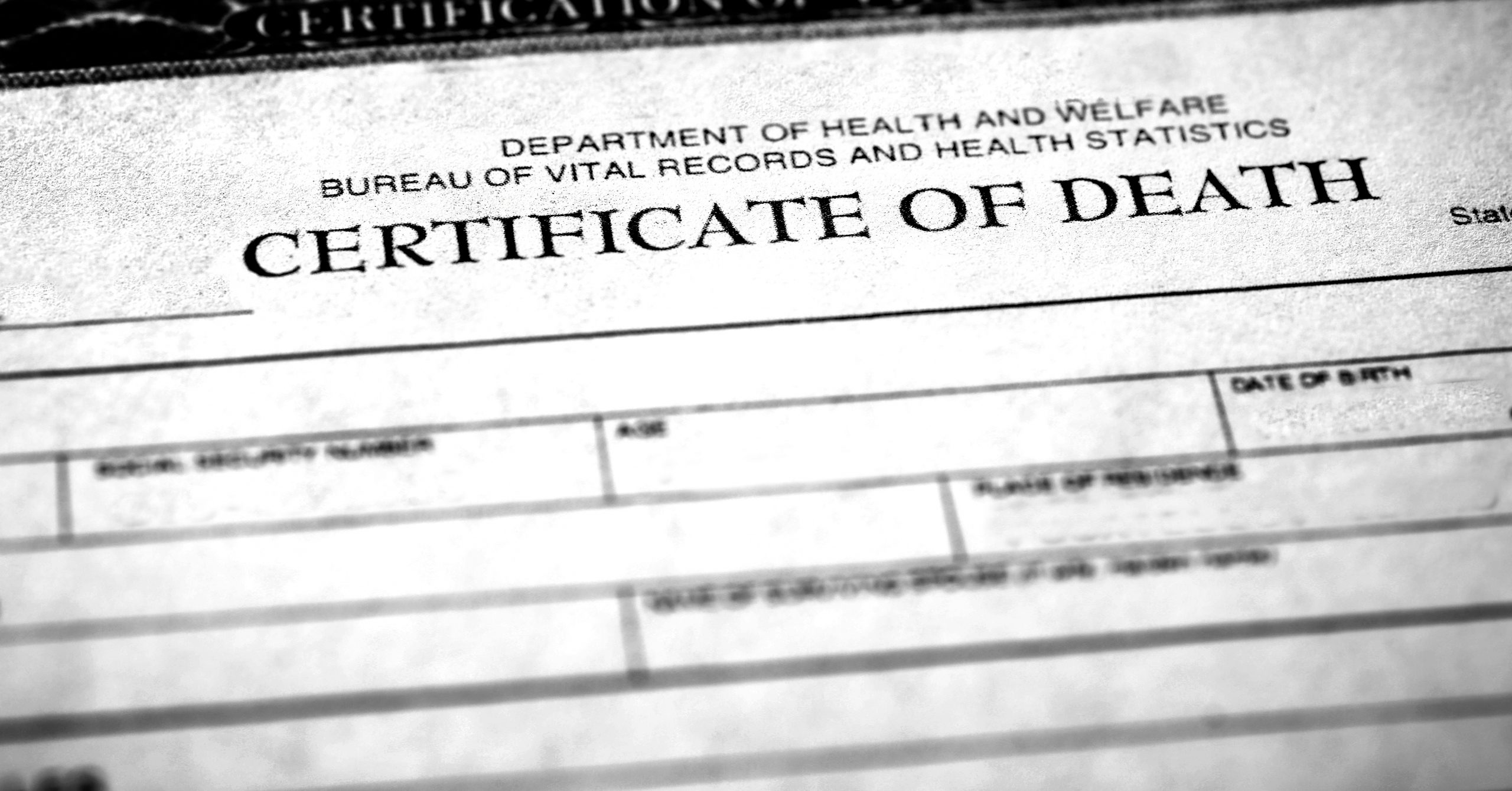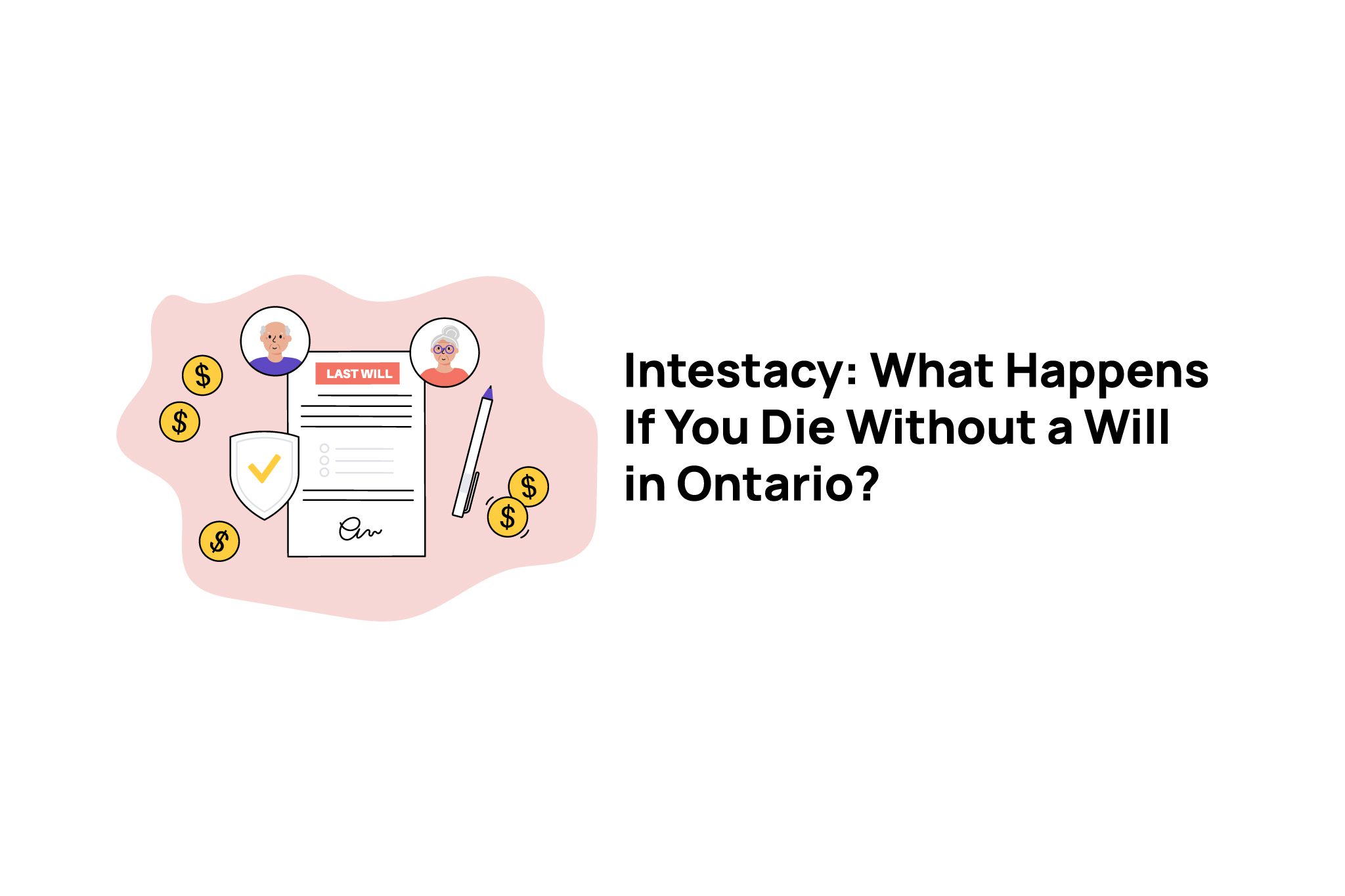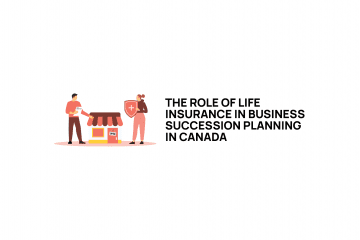While inevitable, death isn’t always a welcome topic. Most people find talking or preparing for death offputting, failing to undertake vital tasks, such as estate planning. In fact, an Angus Reid Institute survey discovered that half of Canadians have no last will. So what happens if you die without a will?
The consequences of not having a will can be devastating, particularly for your kin and dependants. In Ontario, the government decides on your behalf if you die without a will, resulting in unexpected impact and disputes among those left behind.
Understanding how intestacy affects your minor children, assets, and debts can help you promptly protect your loved ones by creating a will.
In This Article:
What Is Intestacy in Ontario?
Understanding Ontario’s Succession Law Reform Act
What Happens if You Die Without a Will in Ontario?
Why Does Preparing a Will in Ontario Matter?
Need Expert Help Preparing Your Will?
What Is Intestacy in Ontario?
Intestacy is the legal term when a person passes away without leaving a valid will or any instructions to distribute their assets.
In such a case, the intestacy laws of Ontario take over the distribution of the deceased’s assets. The government will appoint an executor to handle your estate as per these laws, which might not be as per your wishes.
Understanding Ontario’s Succession Law Reform Act
Ontario’s Succession Law Reform Act governs how your estate – assets and liabilities – are distributed if you pass away without a last will. It provides a legal framework to ensure that your estate will be distributed fairly and orderly despite not having a will.
The Act establishes how your surviving family members, including your spouse, children, and other relatives, will inherit your estate. It also mandates the appointment of an estate trustee to administer your estate and distribute it according to the rules set out in the Act.
Normally, the court appoints the trustee if you die without one or if the one you selected is unable or unwilling to act.

Ontario Will – Certificate of Death
What Happens if You Die Without a Will in Ontario?
It may shock your family and friends that you passed away without preparing a will.
One of the first things they won’t know is how you wanted your funeral arrangements handled. Cremation? Burial? Large ceremony? These are all questions that could have been answered with a will, but instead, your family and friends are left guessing what you wanted.
The next thing your loved ones may be surprised to learn is that the Succession Law Reform Act Shocking will apply to determine how your estate shall be distributed. Worse still, they must incur considerable resources to handle this legal process.
So, if you die without a will in Ontario, what happens to:
Minor Children or Pets
The court usually appoints a guardian to look after your minor children or pets if you die without living a valid will in Ontario.
The court considers the Children’s Law Reform Act when appointing this guardian based on what it believes is in your children’s best interests.
Fortunately, the court does just appoint any guardian. It answers several questions first, like how well your children know the guardian or their relationship.
Can the guardian provide for the children?
Did you express any wishes in a separate document or verbally?
Advantageously, a surviving spouse or common-law partner is the first individual the courts consider for a guardian. Nonetheless, they must be capable and willing to look after the children.
If you don’t have a surviving spouse or common-law partner, or they are unable or unwilling to act as the guardian, the court will consider someone else.
Sadly, this process can be time- and resource-consuming, and it may not reflect your wishes on how or who should look after your minor children or pets.
Assets
If you die without a will in Ontario, someone goes to court to request they be appointed as your estate’s administrator or personal representative. An administrator is similar to an estate trustee. Still, they must get the court’s permission before handling your estate.
If no one comes forth, the court appoints a trustee, and the Succession Law Reform Act applies to how your assets will be distributed according to intestacy rules.
These rules follow a certain hierarchy of family members to determine who has the right to inherit your assets.
- If you are survived by a spouse but don’t have any children, your spouse receives all your assets.
- If you are survived by a spouse and children, your spouse receives the first $350,000. Your children receive equal portions of the remaining assets.
- If you are survived by children but no spouse, the children will receive equal portions of your assets. If any of your children have died, their kin (your grandchildren) get their share of the assets.
- If you aren’t survived by a spouse, children, or grandchildren, your parents receive equal portions of your assets. If only one parent is alive, they’ll receive all your assets.
- If you don’t have any surviving parents, your siblings receive equal portions of your assets. If none of your siblings is surviving, their kin (your nieces and nephews) inherit your assets.
- If you don’t have any surviving relatives, all of your assets are forfeited to the crown, and the Escheats Law of 2015 applies.
Sadly, intestacy laws don’t always consider the relationships between the deceased, common-law spouses, and other loved ones, leaving them vulnerable. Not to mention that dying intestate further burdens your loved ones as the legal processes are resource-consuming.
Debts
Fortunately, your beneficiaries don’t inherit your debts if you die without a will in Ontario unless they have co-signed on any loans or credit cards with you. Instead, your estate will be responsible for paying them off.
The estate trustee is responsible for settling your debts before distributing your assets to your beneficiaries.
If your assets aren’t enough to settle all your debts, your estate becomes insolvent – unable to pay off debts. In this case, your creditors won’t receive full debt settlements.
Intestacy laws don’t allow abatement – reducing certain gifts to cover the excess debt. Therefore, the creditors may claim your estate. If the claim doesn’t clear the debt, the creditors can take legal action against your kin, depending on the nature of the debt.
Get a free quote
Why Does Preparing a Will in Ontario Matter?
There are several reasons why you should create a will before you die:
- Ensure your wishes and preferences are carried out, including funeral plans.
- Avoid burdening, stressing, and disputes among your family members.
- Appoint guardians if you have minor children.
- Minimize estate taxes and ensure your assets are distributed in a tax-efficient manner.
- Choose an executor to handle your estate accordingly.
- Avoid Ontario’s intestacy laws.
- Protect your assets against wastage by your beneficiaries.
- Provide for your pets.
Need Expert Help Preparing Your Will?
The impact of dying without a will in Ontario is far-reaching and can profoundly impact your loved ones.
That’s why when you work with a team of experts like Life Insurance Canada, we will connect you with the resources you need to ensure your will is properly prepared. Planning early can ensure that your estate is distributed according to your wishes and that your loved ones are protected in the event of your passing.




